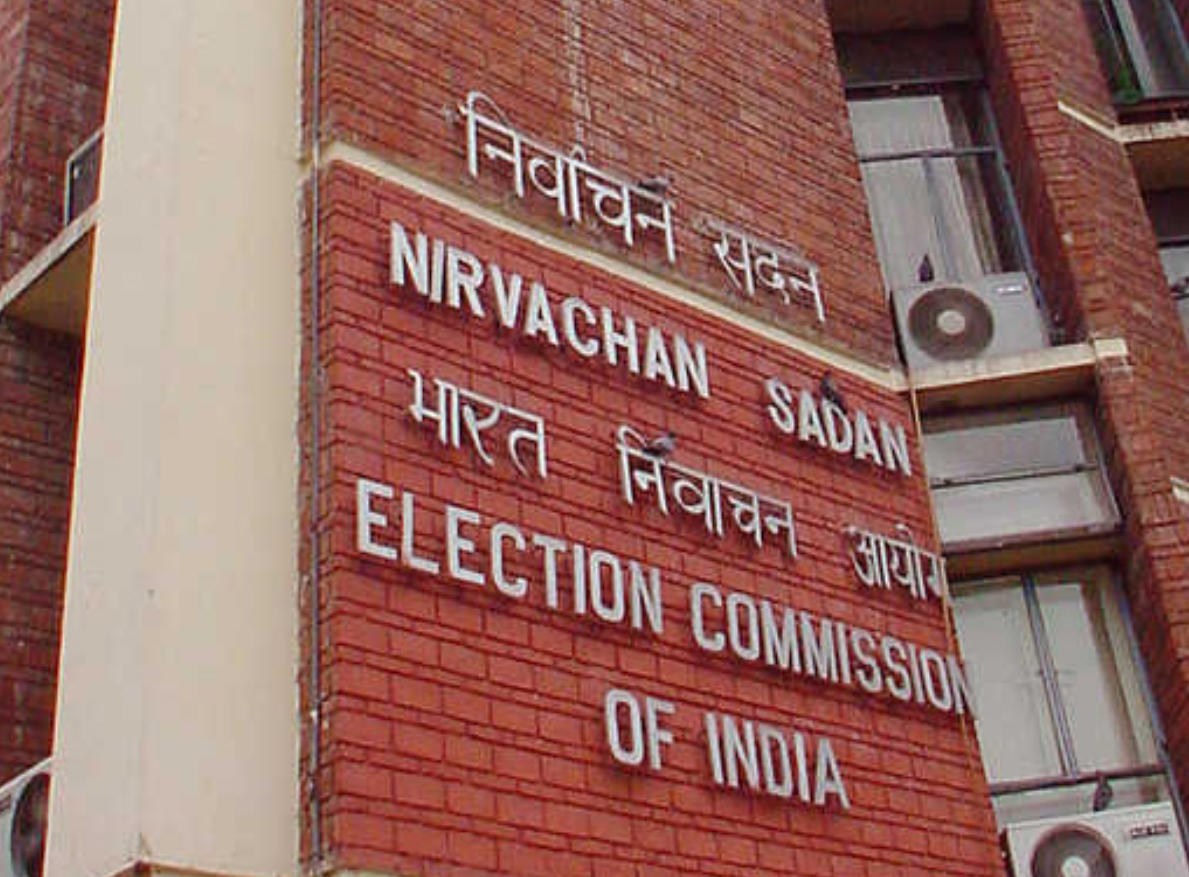ECI Introduces Stricter Norms for Symbol Allotment to Unrecognized Parties (RUPPs)
On January 5th 2024, the Election Commission of India (ECI) issued new guidelines making it mandatory for registered unrecognized political parties (RUPPs) to provide additional financial documents and election expenditure statements for getting a common election symbol. The move aims to improve transparency in the allotment process ahead of the 2024 general election.
What are RUPPs?
RUPPs refer to political parties that are registered with the ECI but do not qualify as state or national parties. This includes:
- Newly registered parties that are yet to establish themselves
- Parties that have never contested an election post-registration
- Parties that did not get sufficient votes in recent state or national elections to be recognized
Currently, RUPPs can apply to the ECI for concession to use a common election symbol if they field candidates from at least 5% of constituencies.
Key Changes Introduced
The new guidelines make it compulsory for RUPPs to submit the following while applying for a common symbol:
- Audited financial statements of the last 3 years
- Election expenditure statements from the last 2 elections they contested
- Authorization letter signed by the office bearer of the party
The changes will come into effect from January 11th, 2023. Previously, the ECI only required contribution reports, audited accounts, and basic organization details from such parties.
Implications
This policy change is expected to improve transparency and accountability in the way symbols are allocated to lesser-known parties. Experts believe stricter disclosure norms will discourage fly-by-night operators from contesting elections only to avail tax benefits. Bulk of unrecognized parties do not even campaign seriously.
The move also intends to curb excessive use of dummy candidates by established players to crowd the field and confuse voters. In recent state elections, over 20% of candidates lost their deposit indicating lack of seriousness.
Critics however argue that higher compliance burden may discourage grassroots movements from taking the electoral path. Exemptions must be carved out for parties that genuinely lack resources but have sizeable ground support. The ECI maintains only serious entities focused on public welfare will be impacted.
Month: Current Affairs - January, 2024
Category: Legal & Constitution Current Affairs







